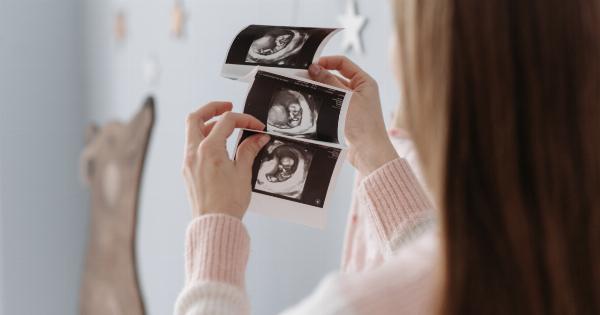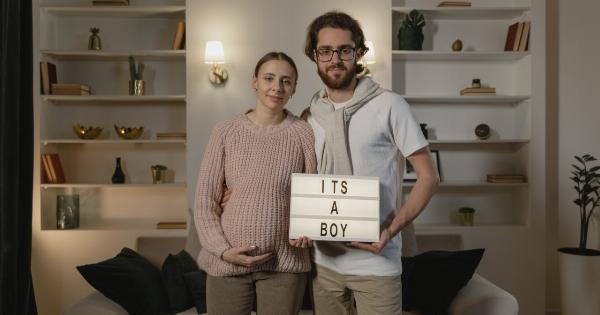Women today have the option to freeze their eggs for future use, giving them the opportunity to delay starting a family if they choose.
However, there are still many questions surrounding the science behind egg freezing and how it affects future pregnancy. In this article, we explore the science behind egg freezing, the success rates of pregnancy from frozen eggs, and the potential risks involved.
What is Egg Freezing?
Egg freezing, also known as oocyte cryopreservation, is a process in which a woman’s eggs are extracted and frozen for future use.
The eggs are extracted from the ovaries and are then frozen using a process called vitrification, which rapidly freezes the eggs to reduce the formation of ice crystals that could damage them.
Egg freezing is typically done for women who want to delay childbearing for various reasons such as pursuing a career or undergoing medical treatments that could impact fertility.
Freezing eggs can preserve fertility so that women can have a better chance of getting pregnant at a later age.
What is the Success Rate of Pregnancy from Frozen Eggs?
The success rate of pregnancy from frozen eggs depends on various factors, such as the age of the woman when she froze her eggs and the number of eggs she froze.
Generally, the younger a woman is when she freezes her eggs, the higher the success rate of pregnancy from those frozen eggs.
The American Society for Reproductive Medicine (ASRM) states that the success rate of pregnancy from frozen eggs can range from 30% to 50% per embryo transfer, depending on the woman’s age and the number of eggs that were frozen.
However, it’s important to note that not all embryos implanted will result in a successful pregnancy and birth.
What are the Potential Risks of Egg Freezing?
Egg freezing is generally considered safe, with minimal risks involved. However, there are a few potential risks to consider:.
- Hyperstimulation: In some cases, the medication used to stimulate the ovaries can cause hyperstimulation, which can lead to bloating, pain, and in rare cases, hospitalization.
- Multiple Pregnancies: If more than one embryo is transferred during the implantation process, there is a risk of having twins, triplets, or even higher-order multiples.
- Low Success Rate: While the success rate of pregnancy from frozen eggs is relatively high, it is still lower than the success rate of pregnancy from fresh eggs.
Who is a Good Candidate for Egg Freezing?
Women who are considering egg freezing should discuss their medical history and individual situation with a fertility specialist. However, there are a few general criteria that make someone a good candidate for egg freezing:.
- Women who need to undergo medical treatments, such as chemotherapy, that could impact fertility.
- Women who are pursuing a career or education and want to delay starting a family.
- Women who have a family history of early menopause or infertility.
- Women who have a medical condition that could impact fertility, such as endometriosis or polycystic ovary syndrome (PCOS).
- Women who are single and want to preserve their fertility until they find a partner or are financially stable enough to start a family.
What are the Costs of Egg Freezing?
Egg freezing can be expensive, with costs ranging from $5,000 to $15,000 per cycle, not including the cost of medications and storage.
Additionally, most insurance companies do not cover the cost of egg freezing, although some may cover the cost of the initial consultation and testing.
Conclusion
Egg freezing is a viable option for women who want to delay starting a family for various reasons. However, it’s important to understand the science behind egg freezing, the success rates of pregnancy from frozen eggs, and the potential risks involved.
Before deciding to freeze your eggs, it’s important to speak with a fertility specialist to determine whether egg freezing is right for you, as well as the potential costs involved.




























